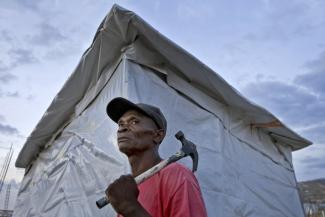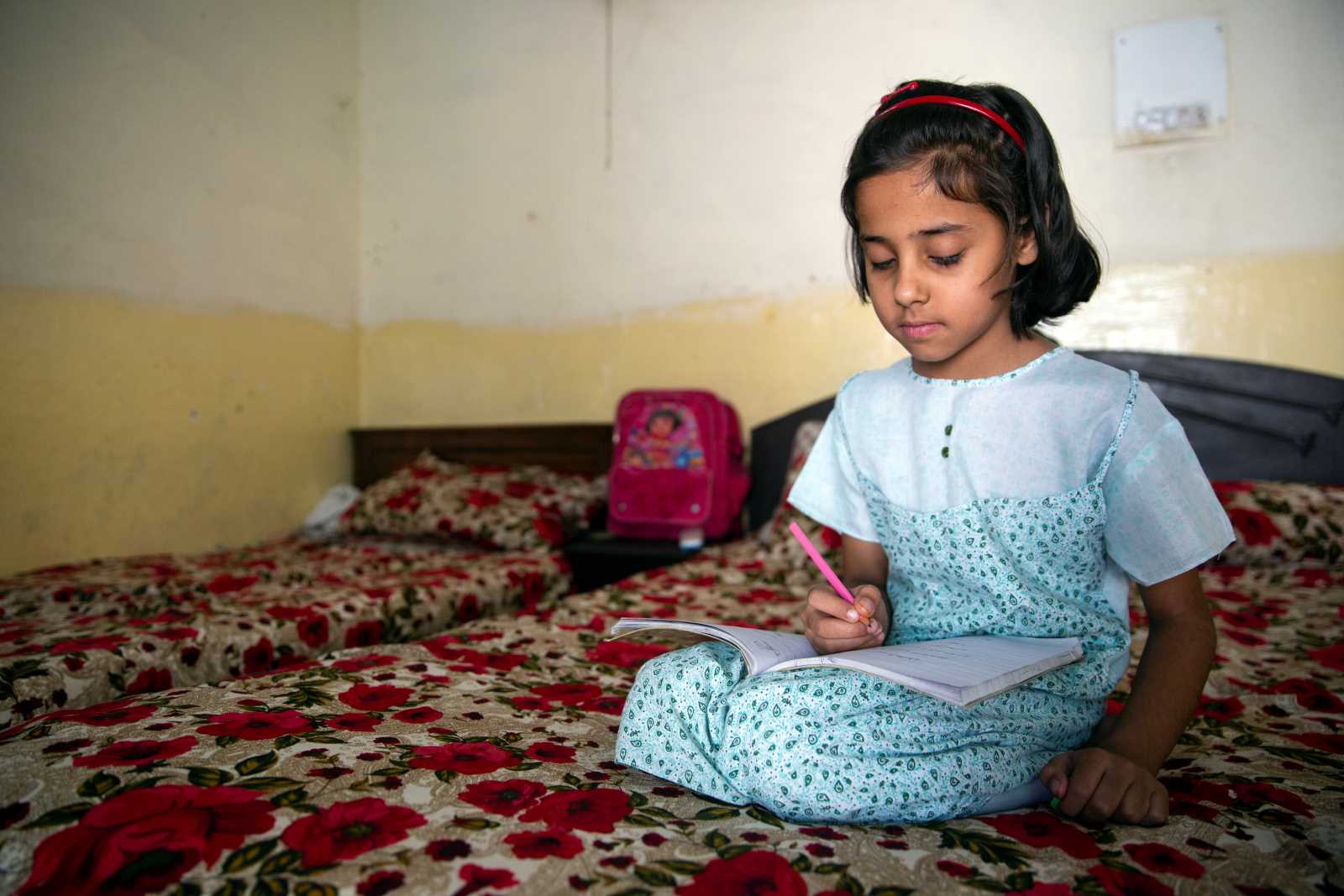Disaster relief
Building back better

When disaster strikes, like hurricane Mitch in 1998 in Central America and the Caribbean, the poorer, less prepared countries suffer most. But even rich countries like the USA may prove over-burdened by major catastrophes, as was the case with hurricane Katrina in 2005.
When aid agencies first move in, their focus is on humanitarian relief. They must support the affected persons, provide food, water and basic health care, and build simple shelters. But once reconstruction starts, other questions arise. They concern strategic planning: will things be put in place as they were before – or will infrastructure improve?
A recently published working paper from the Overseas Development Institute (ODI) carries the provocative title “Disaster as Opportunity? Building back better in Aceh, Myanmar and Haiti”. It shows the potential for improving things in reconstructing efforts and elaborates key principles for tapping this potential.
Aceh, the province on the northern tip of the island Sumatra in Indonesia, was badly hit by the Christmas tsunami of 2004, which destroyed the city Banda Aceh and left thousands dead in its wake. Before this disaster, the province had seen a decades-long civil war. Rebels from the Free Aceh Movement had fought for independence since 1976. Three decades of armed conflict had left over 15,000 people dead.
When the earthquake and tsunami devastated the province in 2004 – killing some 170,000 residents, leaving 500,000 homeless, and causing $ 4.5 billion worth of damage – the sheer magnitude of the disaster made the warring parties lay down their arms. A peace deal was signed in 2005, with Indonesia granting Aceh more autonomy. According to the ODI, this was a “historic chance" for developing one of Indonesia’s poorest provinces.
An Indonesian government institution, the Rehabilitation and Reconstruction Agency (BRR), led and coordinated all reconstruction efforts. Moreover, it ensured the transparency of government action in the region. It also involved communities which used to be marginalised. ODI’s Lilianne Fan praises the “commitment to ‘build back better’" in Aceh. In her eyes, the recovery efforts changed social relations, addressed inequities and facilitated development.
In contrast, international humanitarian agencies drove aid efforts in Haiti after the earthquake in 2010. Haiti’s state is weak, and only few Haitian stakeholders had a bearing on reconstruction plans. Most relief money was not channelled through state institutions, but grassroots organisations were not empowered either. According to the ODI assessment, a large share of Haitians felt marginalised twice – by their government and by the international community.
In 2008, tropical cyclone Nargis struck Myanmar, with a death toll of 140,000. Some 800,000 people lost their homes. Because of the relations between the West and Myanmar were strained, few international humanitarian organisations moved in for disaster relief. National institutions were mobilised, and there was a strong response on the local level as well. However, the ASEAN countries made a decisive move for aid, setting up an Emergency Rapid Assessment Team (ERAT) mission, which acted along the example of the BRR in Aceh after the tsunami. This regional effort was quite successful according to the ODI.
“Governments, donors and aid agencies must recognise that families and communities drive their own recovery,” was one of the key propositions Bill Clinton, the former US president, spelled out after serving as the UN’s special envoy for tsunami recovery. However, this is not what happened in Haiti, where Clinton also played a coordinating international role. According to ODI scholar Fan, the crucial dimension for “building back better" is the transformation of political relationships.















